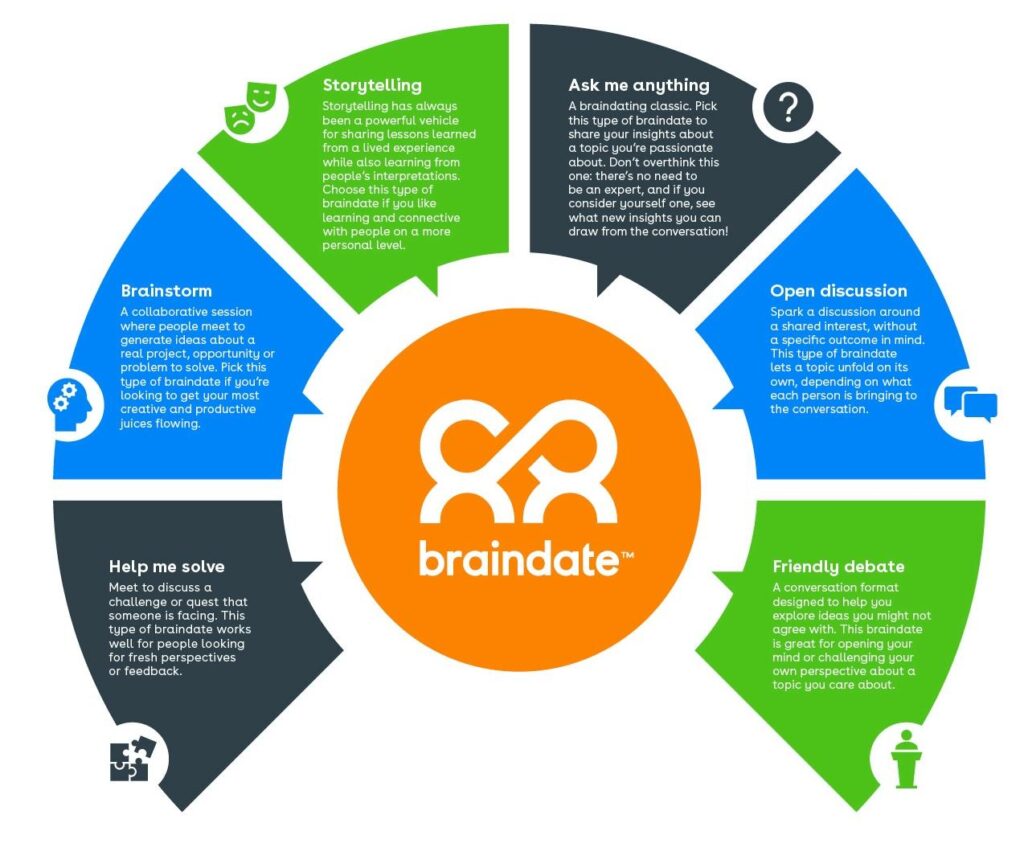Mauritius Strengthens Anti-Corruption Measures Following High-Profile Arrests of Former Financial Officials
In a significant development shaking Mauritius’ financial and political landscape, the former governor of the central bank and ex-finance minister have been detained amid an extensive investigation into alleged large-scale embezzlement. Reported by Reuters and other global news agencies, these arrests underscore the Mauritian government’s intensified resolve to tackle corruption decisively in response to growing demands from citizens for transparency and accountability. This scandal not only challenges the integrity of Mauritius’ financial institutions but also highlights persistent obstacles faced by this Indian Ocean nation as it endeavors to maintain its reputation as a trustworthy economic hub.
Renewed Government Drive Against Corruption
The Mauritian administration has ramped up its anti-corruption initiatives following disclosures of significant misappropriation involving top-tier officials. Those apprehended held critical positions overseeing monetary policy and national fiscal management, making their alleged misconduct particularly damaging. This crackdown forms part of a broader reform agenda aimed at restoring public trust through strengthened governance mechanisms.
Among the key reforms introduced are:
- Establishment of Independent Regulatory Bodies: New autonomous entities have been created to rigorously oversee major financial transactions without political interference.
- Enhanced Legal Penalties: Stricter sentencing guidelines now apply for individuals convicted of corruption-related offenses.
- Whistleblower Protection Programs: Comprehensive safeguards empower insiders and citizens alike to report unethical conduct safely and confidentially.
The ongoing inquiry has drawn intense scrutiny from local media outlets, civil society organizations, and international observers eager for concrete results that could rebuild confidence in Mauritius’ institutional frameworks. While these steps mark progress, experts emphasize that continuous vigilance is essential for sustainable change.
An In-Depth Look at Complex Financial Fraud
The investigation has revealed elaborate schemes where public funds were diverted into private accounts linked with senior government figures. The former central bank governor alongside the ex-finance minister are accused not only of personal enrichment but also orchestrating networks facilitating illicit fund transfers over several years.
- Poor Record-Keeping Practices: Numerous substantial transactions lacked proper documentation or valid justification, signaling serious procedural violations.
- Breach of Internal Controls: Safeguards designed to detect fraud were either circumvented or deliberately disabled during critical operations.
- Sophisticated Collusion Between Public Officials & Private Entities: Evidence points toward coordinated efforts enabling systematic exploitation within governmental systems.
This controversy has amplified calls from citizens demanding accountability while exposing weaknesses in Mauritius’ fiscal oversight—challenges mirrored globally as countries strive to protect public assets against misuse. According to Transparency International’s Corruption Perceptions Index (2023), Mauritius ranks moderately well among African nations but still faces notable hurdles regarding institutional transparency; thus this case carries significant implications for future reforms on the island nation’s governance landscape.
Toward Stronger Oversight: Strategies for Financial Integrity
The recent arrests highlight an urgent necessity for comprehensive enhancements across regulatory frameworks governing Mauritius’ financial sector. To prevent similar incidents moving forward, stakeholders must implement multifaceted approaches focusing on prevention, early detection, enforcement measures tailored specifically toward combating white-collar crime within government institutions.
A selection of recommended strategies includes:
- Regular Independent Audits: Scheduling frequent external audits conducted by reputable firms ensures impartial verification processes free from internal bias or influence;
- An Expanded Whistleblower Protection System: Broadening legal protections encourages employees—including contractors—to confidentially report suspicious activities without fear;
- < strong > Specialized Training Programs: strong > Developing targeted educational modules equips finance professionals with advanced skills in fraud detection techniques; li >
- < strong > Transparent Public Disclosure: strong > Mandating periodic online publication detailing governmental expenditures enhances citizen access to information; li >
ul >
Initiative Objective & Description Comprehensive Risk Evaluations Proactively identify vulnerabilities through detailed assessments across departments managing public funds ensuring early detection capabilities. Interagency Coordination Mechanisms Enhance collaboration between anti-corruption bodies,audit offices,and law enforcement agencies fostering unified responses against malfeasance. Stakeholder Engagement Initiatives td > Encourage active participation from civil society groups,business leaders,and international partners promoting shared responsibility towards transparent governance. td > tr > tbody > table >
A Defining Moment in Mauritian Governance Reform
The detention of Ramesh Basant Roi—the former head of the central bank—and Vishnu Lutchmeenaraidoo—the previous finance minister—represents a pivotal juncture amid ongoing investigations into entrenched corruption at high levels within Mauritius’ government apparatus. As probes uncover millions allegedly siphoned away from vital state services towards private gain schemes,the repercussions extend beyond legal ramifications into political spheres as well.This episode serves both as a stark warning about systemic institutional weaknesses and an impetus driving reforms aimed at embedding stronger ethical standards throughout Mauritian governance structures going forward.< / p >
Civic organizations remain watchful awaiting judicial verdicts expected later this year which may set influential precedents shaping future policies on transparency across emerging economies throughout Africa.Simultaneously,the international community closely monitors developments given Mauritius’ strategic position linking African markets with Asia-Pacific trade routes—a stature currently challenged yet potentially revitalized through determined reform efforts sparked by recent events.< / p >
This evolving situation underscores how small island states like Mauritius can navigate balancing rapid economic expansion ambitions alongside rigorous anti-corruption safeguards—a delicate equilibrium crucial locally yet resonant regionally amid heightened investor scrutiny worldwide during post-pandemic recovery phases where trust remains paramount.< / p >
Please revisit here regularly for updates concerning this landmark case impacting national integrity discourse along with broader regional governance conversations ahead.< / em> p>

